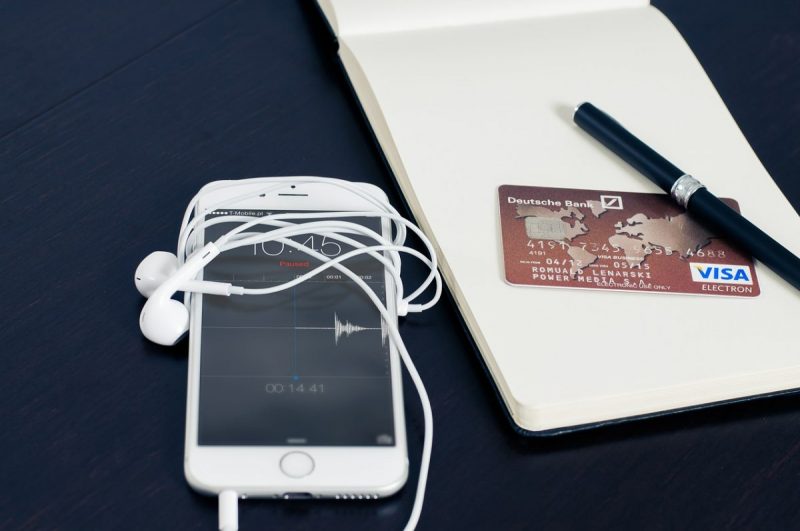It can be hard to tell what’s really the best advice you can get when it comes to credit cards and how they work.
Despite what people always say about credit cards, not everything is correct. Always take this information with a pinch of salt. Whereas many people might discourage you from getting yourself one, a credit card can be more useful if you use it in the right way.
When used correctly and to build your credit history, a credit card allows you to get a loan with a favorable interest, new cellular plan, and even cheaper insurance. Forget about the naysayers; this is the best advice you can hear about credit cards.

Owing Is Easier than Repaying
If you are not careful enough, you can sink into overwhelming debt within a flash of time. When starting, your credit card limit will be low and rises with time. In most cases, this causes overcharging temptation.
In most cases, paying your debt will be very difficult because, as the balance climbs, interest also compounds, thus increasing payments in return. Due to this fact, you will find yourself with less money to spend on your current and future expenses.
No Need to Owe!
Using your credit card and staying out of debt is very much possible. You may ask, how can I achieve this? You can achieve this by only charging what you can comfortably pay after the bill has arrived. Always use your credit cards as a payment instead of a revolving debt instrument. To achieve this, always keep track of your cash flow and charges as well.
Debt Will Always Affect Your Credit Score
Not only is it advisable to stay debt-free, but also having high balances negatively affects your credit score. To maintain a high score, ensure that your balance is under 30 percent of your available credit limit. Most personal finance experts usually advise that we should keep our credit utilization as close to zero as we possibly can.
Always pay your credit card on time. If you lag and skip even one billing cycle, after 60 days, your creditor will report the delinquency to the three credit reporting bureaus, which are Equifax, Experian, and TransUnion. This drops down your score tremendously. Dare miss more payments, and your score will sink the more. What’s worse, those negative marks can’t fall off for a full seven years.
Come Up with a Repayment Plan
It doesn’t matter how low you are, with a steady plan and commitment, you can come out of that debt. Experts advise us to remember the following.
- Avoid impulse shopping
- Ask creditors if they can help reduce the interest rates
- While in repayment mode, suspend charging
- Pay high-interest balances first
Always Ask for Help if You Can’t Make a Repayment
Well, your bank has no obligation to accept less the minimum payment, but you shouldn’t be worried about this. You can work together with your credit card bank to agree on a particular payment plan. If all the above is not possible, then consider getting a credit counselor.
Conclusion
Armed with this knowledge and the best advice you can hear about credit cards, you have no excuse whatsoever to have a bad credit score. If you are still skeptical, consult your credit card company for more guidance on how you can have and maintain a healthy credit score. For more information on how credit cards work, click here!
Disclaimer: All credit products carry risk. Be aware of these risks by reading the associated terms and conditions.
